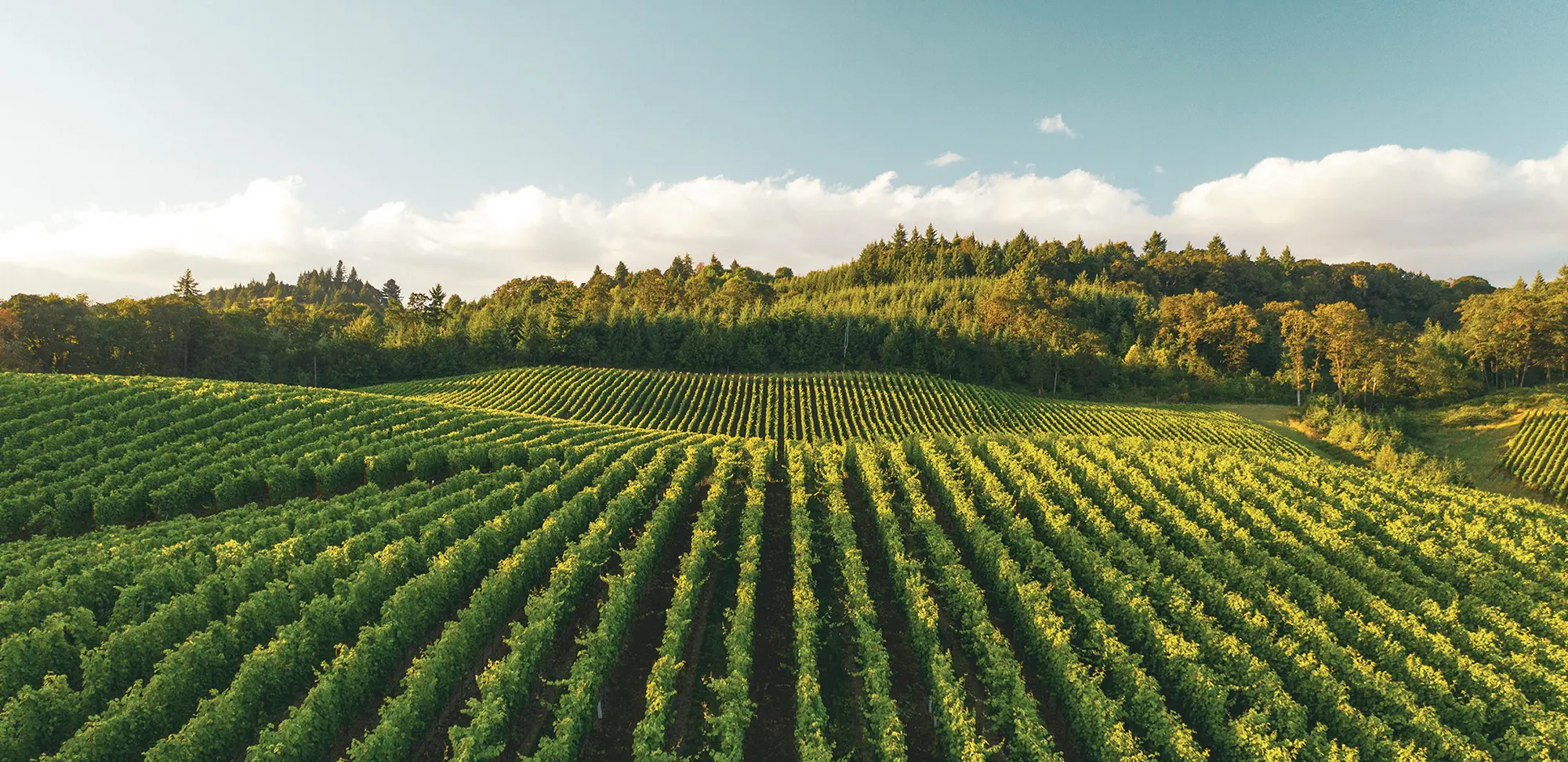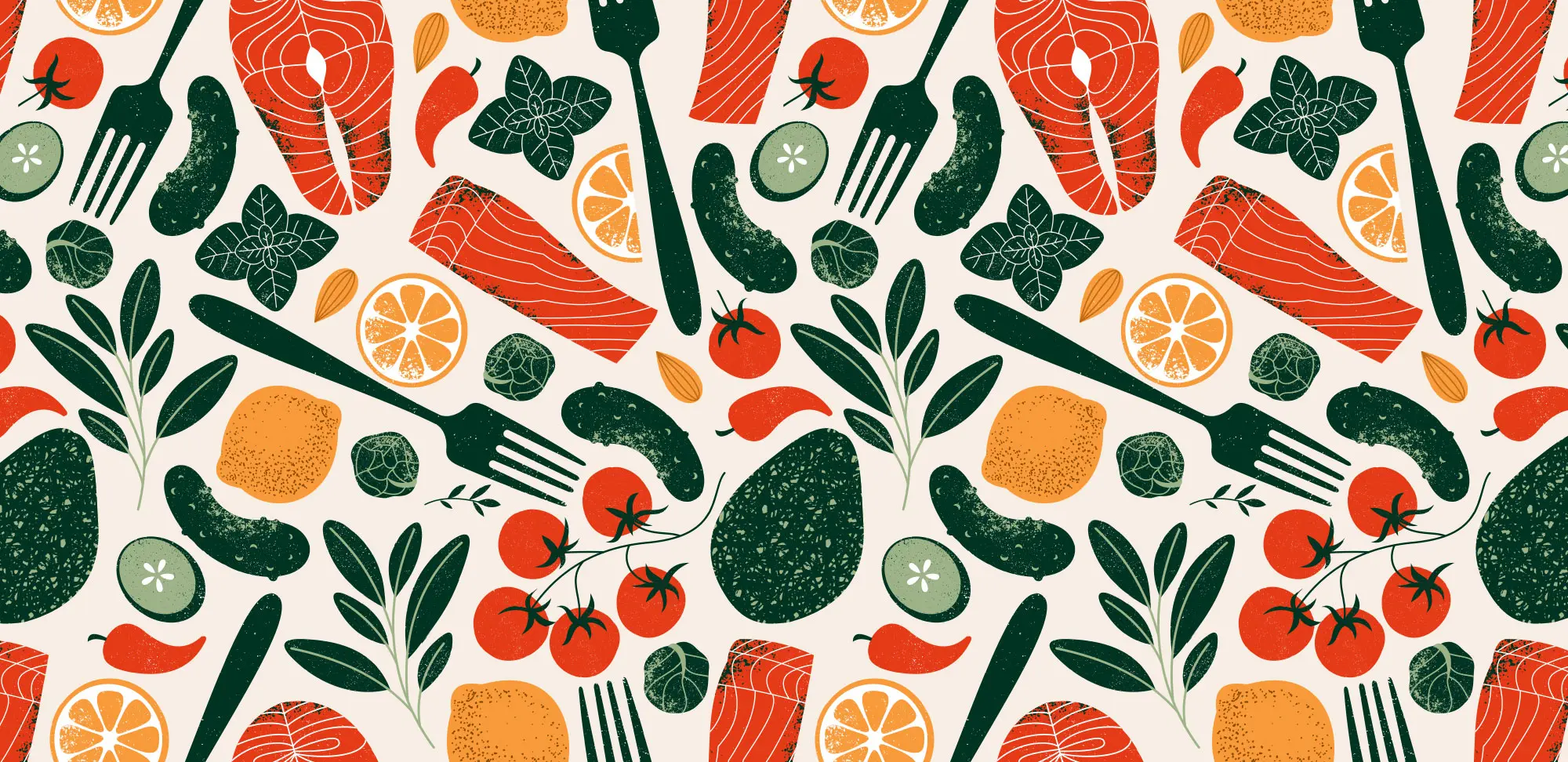As a registered dietitian, I often find myself ushered into discussions/debates among friends and family about best food choices, and whether or not the latest trendy diet is legit. The one topic that often causes some heated debate: organic versus conventionally grown fruits, vegetables and grains.
What is organic?
Organic food is grown or produced without synthetic pesticides, fertilizers, herbicides, antibiotics, growth hormones or genetically modified organisms (GMOs). In Canada, the designation of organic is regulated by the federal government and must meet the Canadian Organic Standards, which allows its logo on packaging. Using the logo is voluntary. Some farmers may follow organic standards but not use the logo, often because of the cost to qualify. So, a good practice when visiting local farmers’ markets is to speak with growers about their practices.
Why organic?
People choose organic produce for a variety of reasons. Some are fearful of the health effects of synthetic pesticides in conventional crops, others choose it for environmental reasons, and still others prefer the taste.
Is organic healthier?
There is no strong research that concludes organic is more nutritious than conventional foods. Some studies have shown that organic produce is higher in antioxidants than conventionally grown crops, but it’s not a significant amount. And complicating things: The nutrients in produce can vary widely depending on where the food was grown, so it can be harder to get accurate numbers on the antioxidant content.
Is organic better for the environment?
Yes. Organic farming has a smaller carbon footprint, conserves and builds soil health, and its practices create less pollution.
Does organic food have fewer pesticides?
Organic produce is not always pesticide-free. There are some pesticides used in organic farming, but they are derived from natural substances as opposed to the synthetic pesticides in conventional produce. Conventional produce is examined in Canada, and pesticide residues must be at levels far below the amount that could cause health concerns, but organic produce usually has lower levels of pesticides.
So, what’s the bottom line?
Eating enough fruits, vegetables and grains is an important part of a healthy diet, and many people fall short. If it’s time to up your consumption, whether you choose conventional or organic, just eat more!
Organic foods are generally more expensive because organic farming can require more labour and also tends to have lower yields than conventional. These days, with food costs skyrocketing, this can be problematic for many.
If this makes the cost of organics prohibitive, buy conventional food.
But either way, always wash it well before you eat it — even fruits and vegetables you will be peeling. Washing carefully can reduce — and often eliminate — pesticide residues, dirt and bacteria. Wash with cold or warm running water and scrub with a brush, if appropriate. Do not use soap or detergents! Wash your hands and cutting boards before you start. Throw away outer leaves of leafy vegetables such as lettuce. Wash the outer rind of melons before cutting into them.











